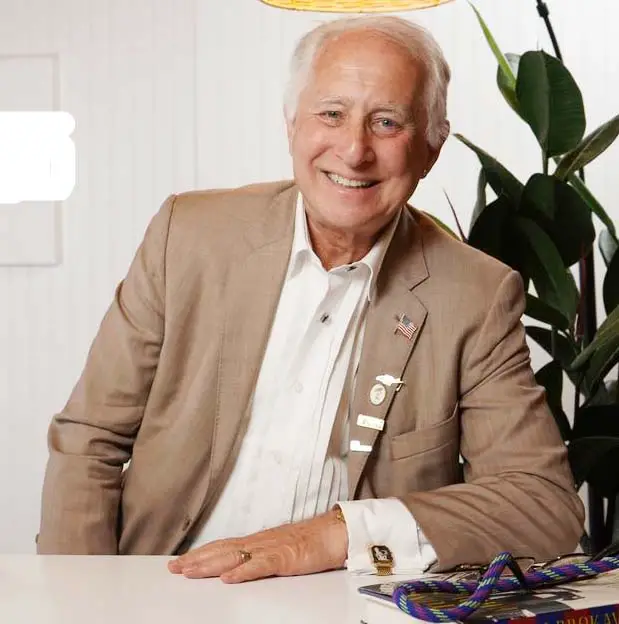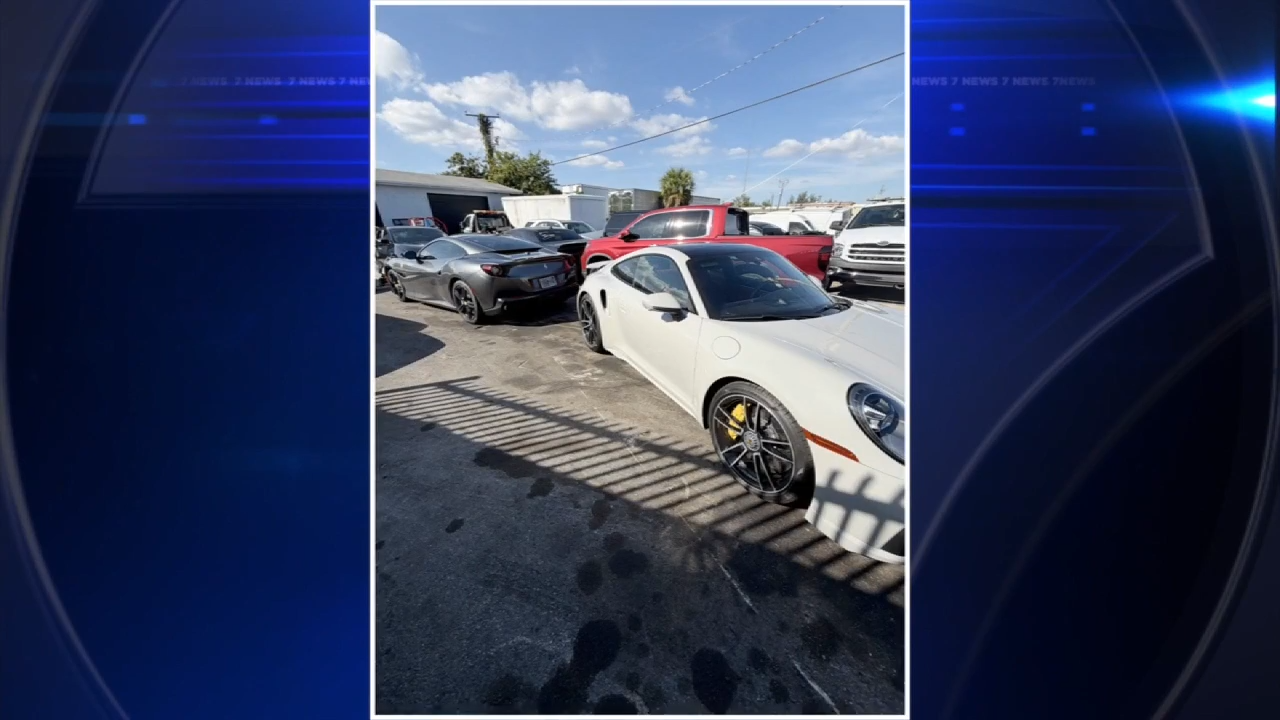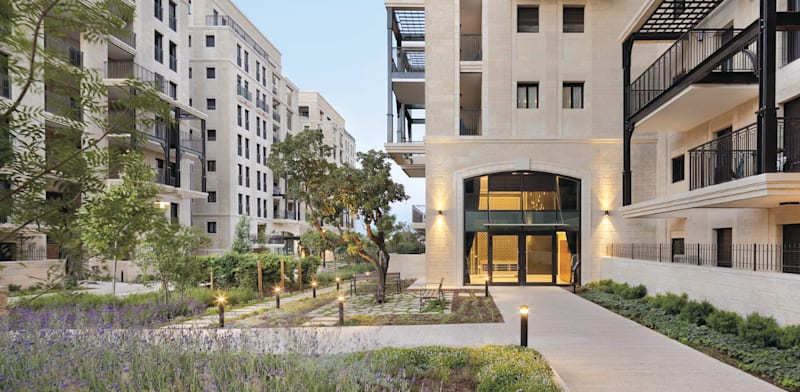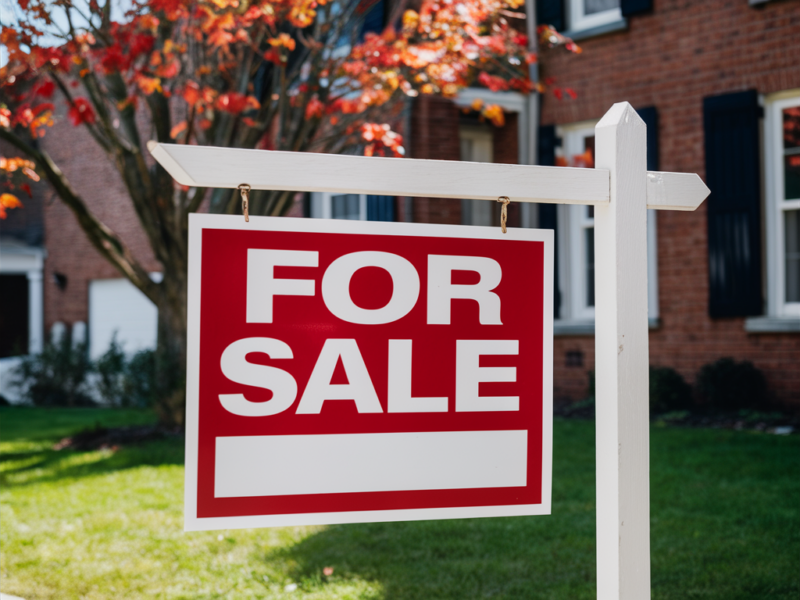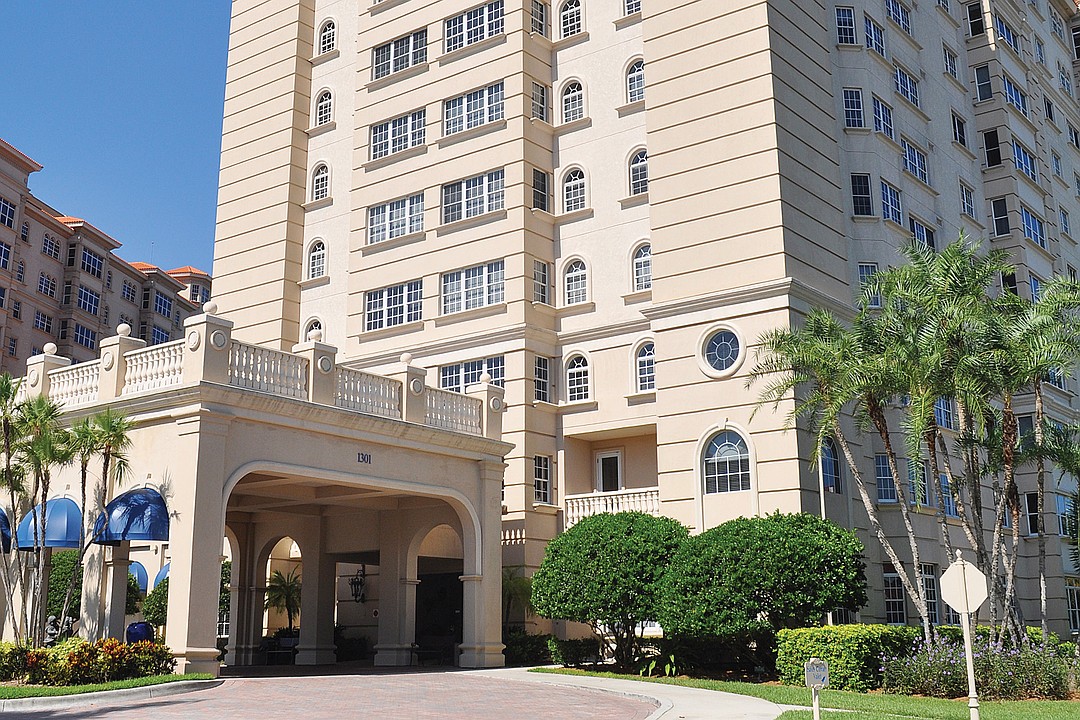P
hilip Raices
Dear readers, I apologize for missing last week’s promised update.
**Autocracy and Real Estate**
Political regimes shape property markets far more than market forces alone. In China and Russia, real estate serves as a tool of state control, wealth preservation, and political leverage, distorting ownership rights and market dynamics.
---
### China: State‑Driven Growth Engine
1. **Land Ownership** – The state owns all land; citizens receive only long‑term use rights (≈70 years). Renewal uncertainty keeps the government in ultimate control.
2. **Revenue Source** – Local authorities depend on land sales, driving aggressive development, urban sprawl, and speculative projects like ghost cities.
3. **Policy Levers** – The government imposes purchase limits, mortgage caps, and price controls during booms, and injects stimulus during downturns. The market reacts more to policy than to demand.
4. **2025 Outlook** – After crises involving Evergrande and Country Garden, the sector slows. State‑led mergers and credit injections are possible, but opaque rules, weak legal safeguards, and heavy state involvement erode investor confidence.
### Russia: Property as Political Currency
1. **Ownership with Caveats** – Private land ownership exists, yet assets can be seized if owners fall out of favor with the elite.
2. **Oligarchic Concentration** – Luxury and commercial properties are concentrated among Kremlin‑aligned oligarchs, used as rewards, safe havens, or leverage.
3. **Foreign Barriers** – Sanctions, corruption, and weak rule of law deter foreign investment; deals require government approval and can be blocked for political reasons.
4. **Current Conditions** – The Ukraine war and Western sanctions suppress demand, especially abroad. Domestic markets survive on state spending, but inflation and a weak ruble erode affordability. Geopolitics and elite patronage dominate rather than economic growth.
---
### Common Threads
- **Weak Legal Protections** – Independent courts rarely safeguard property rights.
- **State Dominance** – Real estate is a lever for economic or political power.
- **Distorted Markets** – Prices and supply respond to political agendas, not consumer behavior.
### Divergent Paths
- **China** treats real estate as a central engine for national growth, using policy to cycle boom and bust.
- **Russia** views property as a tool for elite wealth preservation and geopolitical maneuvering, not mass expansion.
---
**Bottom Line**
In autocracies, property markets are inseparable from politics. Ordinary citizens face uncertain ownership and policy swings; investors confront unpredictable state‑driven risks. Democracies, by contrast, see markets driven by demand, supply, and fundamentals.
---
### About Philip A. Raices
Owner/Broker, Turn Key Real Estate, 3 Grace Ave Suite 180, Great Neck.
> 43+ years in real estate; holds
> • National Association of Realtors Graduate Realtor Institute (Master’s‑level credential)
> • Certified International Property Specialist (expert in global transactions)
> • National Association of Realtors Green designation (eco‑friendly, low‑carbon construction).
He offers a complimentary 15‑minute consultation and a free market‑value analysis of your home. Contact: (516) 647‑4289 or [email protected].
**Stay Updated** – Receive regular alerts on pending, closed, withdrawn, or expired listings, plus new homes, HOAs, townhomes, condos, and co‑ops in your area.
Visit:
- https://WWW.Li-RealEstate.Com
- Facebook: bit.ly/4bXWVu6
- X: bit.ly/4inVqaR
- LinkedIn: bit.ly/4bVSwrs
- Instagram: bit.ly/4inVK9z
- YouTube: bit.ly/4bQH14x
**Historic Low‑Interest Rates (2020–2022)** – Pros and cons discussed in upcoming materials.
